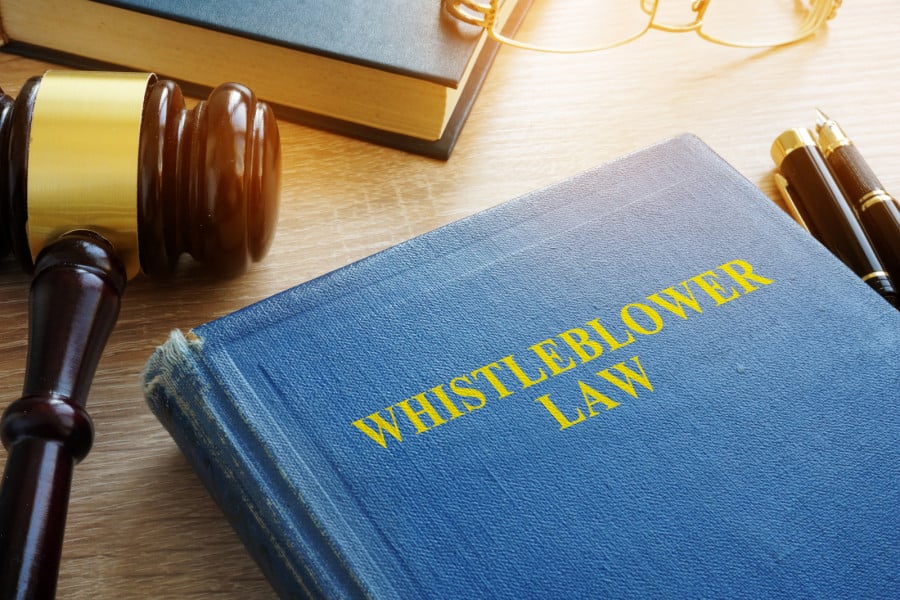How game theory can help us design more effective whistleblowing polices for sports (Part 1)

“Whistleblowers”1 can play a vital role in protecting the integrity of sports. They have they been responsible for uncovering some of the highest profile cases of corruption in recent years, from the Lance Armstrong case in cycling to the Russian doping scandal in athletics.
That said, the authors are of the view that the prevailing environment can be made significantly more conducive for “Whistleblowing”, i.e. the reporting of a suspected wrongdoing to the relevant authority (which in a sporting context includes match fixing, doping, bullying, abuse, or other breach of the sports’ governing body’s (SGB) rules).
This two part article examines how this might be achieved, with a specific focus on how to design more effective whistleblowing policies. Part 1 (below) is largely theoretical. It looks outside of the law to three interesting scenarios from the behavioural field of game theory to try to give us a better understanding of how decisions are made in difficult circumstances, analogous to that a potential Whistleblower may face when debating whether or not to "report" a suspected wrongdoing. It then identifies ways in which the "rules of the game" might be changed to better incentivise a certain behavioural outcome (i.e. in our case, encouraging more effective Whistleblowing).
Part 2 (available here) is more practical. It first examines the current state of Whistleblowing laws in the UK to ascertain the current "lay of the land" and the lessons we may learn from within the law. It then combines this with the learning from Part 1 to examine why Whistleblowing policies (i.e. the "rules of the game") are necessary and how they might be best drafted or optimised to incentivise effective reporting. Part 2 can be read in isolation for those wanting an overview of key drafting tips.
For more background and information on Whistleblowing in sport, please also see these LawInSport articles:
In addition, the research undertaken by Leeds Beckett University into the athlete’s experience of Whistleblowing is also highly valuable. For a summary and link to the research, please see: Whistleblowing: athletes shouldn't have to choose between their careers and the truth.4
To continue reading or watching login or register here
Already a member? Sign in
Get access to all of the expert analysis and commentary at LawInSport including articles, webinars, conference videos and podcast transcripts. Find out more here.
- Tags: Anti Corruption | Anti-Doping | Employment | Enterprise and Regulatory Reform Act 2013 | Fraud | Game Theory | Integrity | Match Fixing | Public Interest Disclosure Act 1998 | United Kingdom (UK) | Whistleblowing | World Anti-Doping Agency (WADA)
Related Articles
- Whistleblowing in Sport – Part 1: Maintaining Public Confidence In The Integrity Of Sport
- Whistleblowing in Sport – Part 2: Investigations and Disciplinary Proceedings
- Is whistleblowing in sport fit for purpose? Part 1 – The current picture
- Is whistleblowing in sport fit for purpose? Part 2 – Analysis and recommendations
Written by
Louis Weston
Barrister, Outer Temple Chambers
Louis is a Barrister practising from chambers at Outer Temple. He is expert in corruption and misfeasance in sport.
Sarah Crowther QC
Sarah Crowther QC has a broad practice with areas of focus in personal injury, private international law, clinical negligence and public law and discrimination cases.


 Global Summit 2024
Global Summit 2024